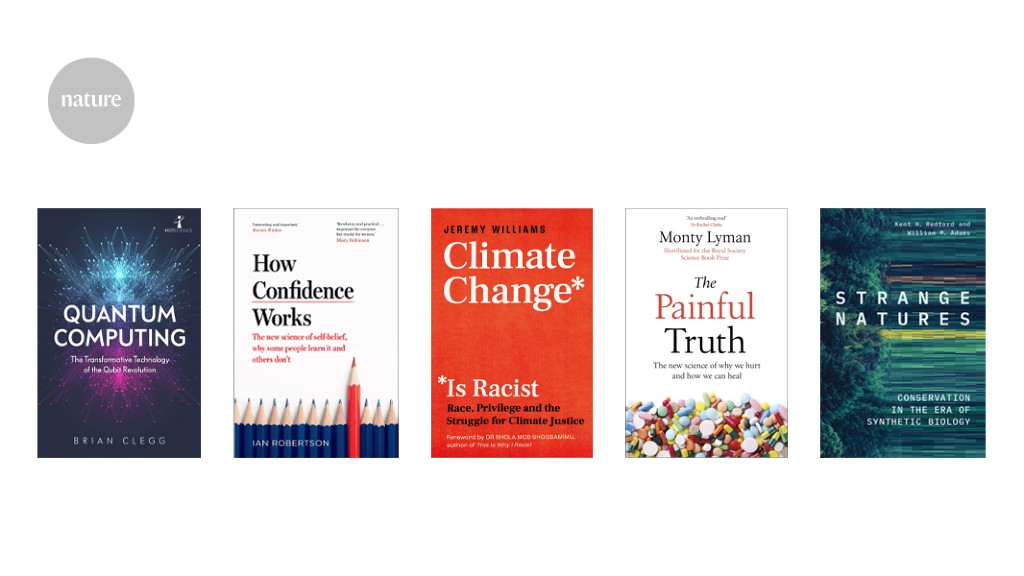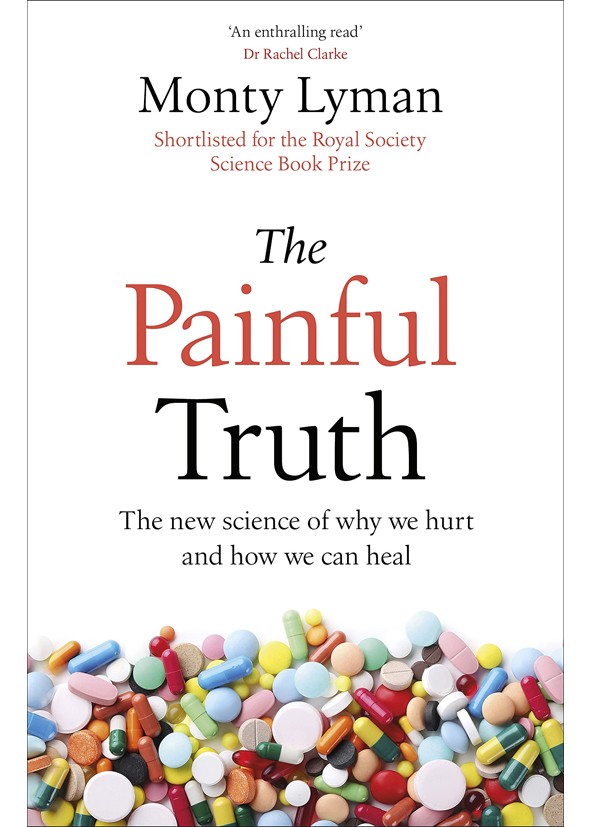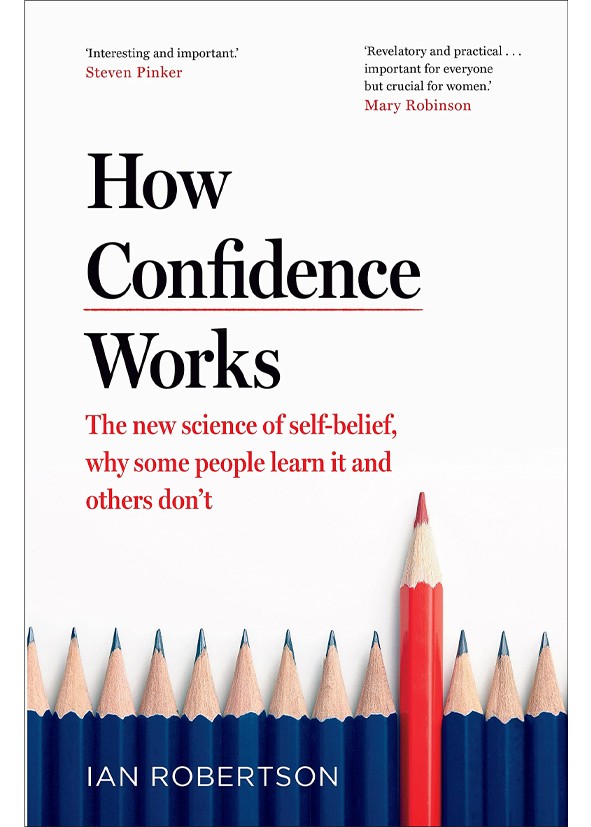The Painful Truth
Monty Lyman Penguin (2021)
Why is pain, a universal experience, so poorly understood by both doctors and patients, asks clinician-researcher Monty Lyman. He relieved his irritable bowel syndrome through self-hypnosis, including visualizing his bowels changing from “rocky rapids to the languid Oxfordshire Thames”. But hypnotherapy went unmentioned at his medical school — probably owing to an outdated view that pain arises only from injury to the body. Lyman’s compelling mix of science and anecdote shows that persistent pain is “messy, complex and human”.
Climate Change Is Racist
Jeremy Williams Icon (2021)
In a 2020 survey about the global impacts of climate change, conducted in the United Kingdom, 31% of respondents thought white people were hardest hit by droughts, floods, storms, food insecurity and air pollution. This gets “the injustice completely backwards”, says environmental and social justice campaigner Jeremy Williams. He argues that the countries most responsible for emissions are disproportionately white; those most vulnerable to its effects are mostly people of colour. Climate change, he writes, is “structurally racist”.
Strange Natures
Kent H. Redford & William M. Adams Yale Univ. Press (2021)
Lakenheath Fen is a nature reserve for birds, consisting of water bodies, reed beds and wet grazing marshes. It was dug from former farmland in 1995: “a mix of naturalness and artificiality”. The birds arrived on their own, but what if they, too, were to be artificially moulded? “Conservation faces a huge challenge in the rise of genome editing and of biotechnology,” observe Kent Redford and William Adams in their thoughtful study. They think these controversial techniques might help species survive in an increasingly unnatural world.
How Confidence Works
Ian Robertson Bantam (2021)
Confidence is a “bridge to the future”, writes neuroscientist and clinical psychologist Ian Robertson: a capacity to visualize something non-existent and then to realize it. It can be strengthened, he notes. His appealing book ranges from neuroscience to politics, including over‑confident male leadership in the United States, Brazil, Russia and the United Kingdom, contrasted with female leadership in Taiwan, Germany, Finland, Denmark, Iceland and New Zealand — in relation to COVID-19 death rates.
Quantum Computing
Brian Clegg Icon (2021)
With Google, IBM and others pumping in money, quantum computing is “at a cusp”, says Brian Clegg. In 1981, physicist Richard Feynman speculated about ‘quantum bits’ operating on the superposed states of quantum particles, rather than binary bits of 0 or 1. Work began around 2000; after two decades of development of algorithms and experimental rigs, will the qubit finally become a “significant force”? Clegg thinks so, probably through quantum computers at specialist locations — like telescopes in modern astronomy.
Competing Interests
The author declares no competing interest.










More News
Mapping genotypes to chromatin accessibility profiles in single cells – Nature
Alphafold 3.0: the AI protein predictor gets an upgrade
Full-colour 3D holographic augmented-reality displays with metasurface waveguides – Nature